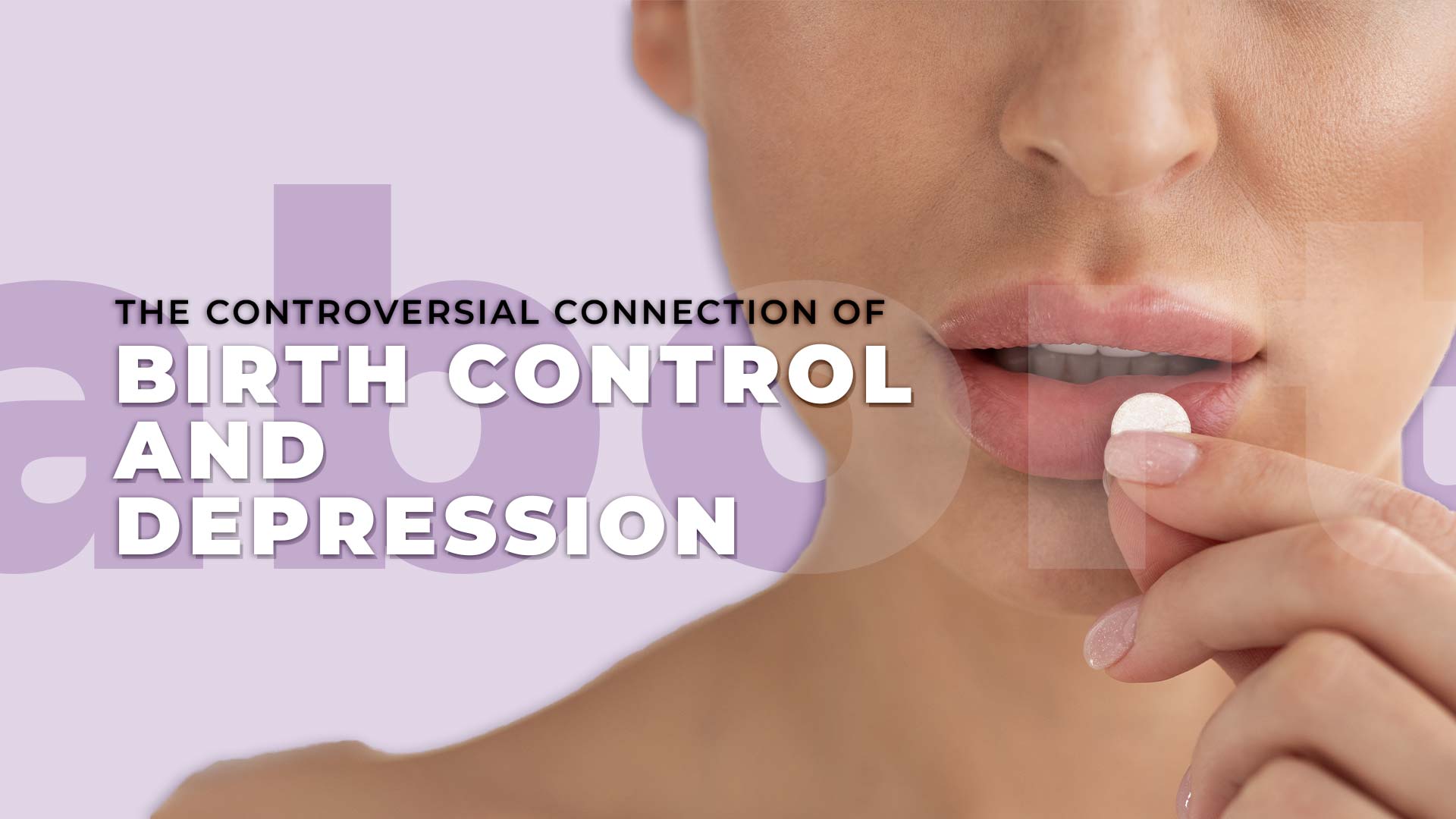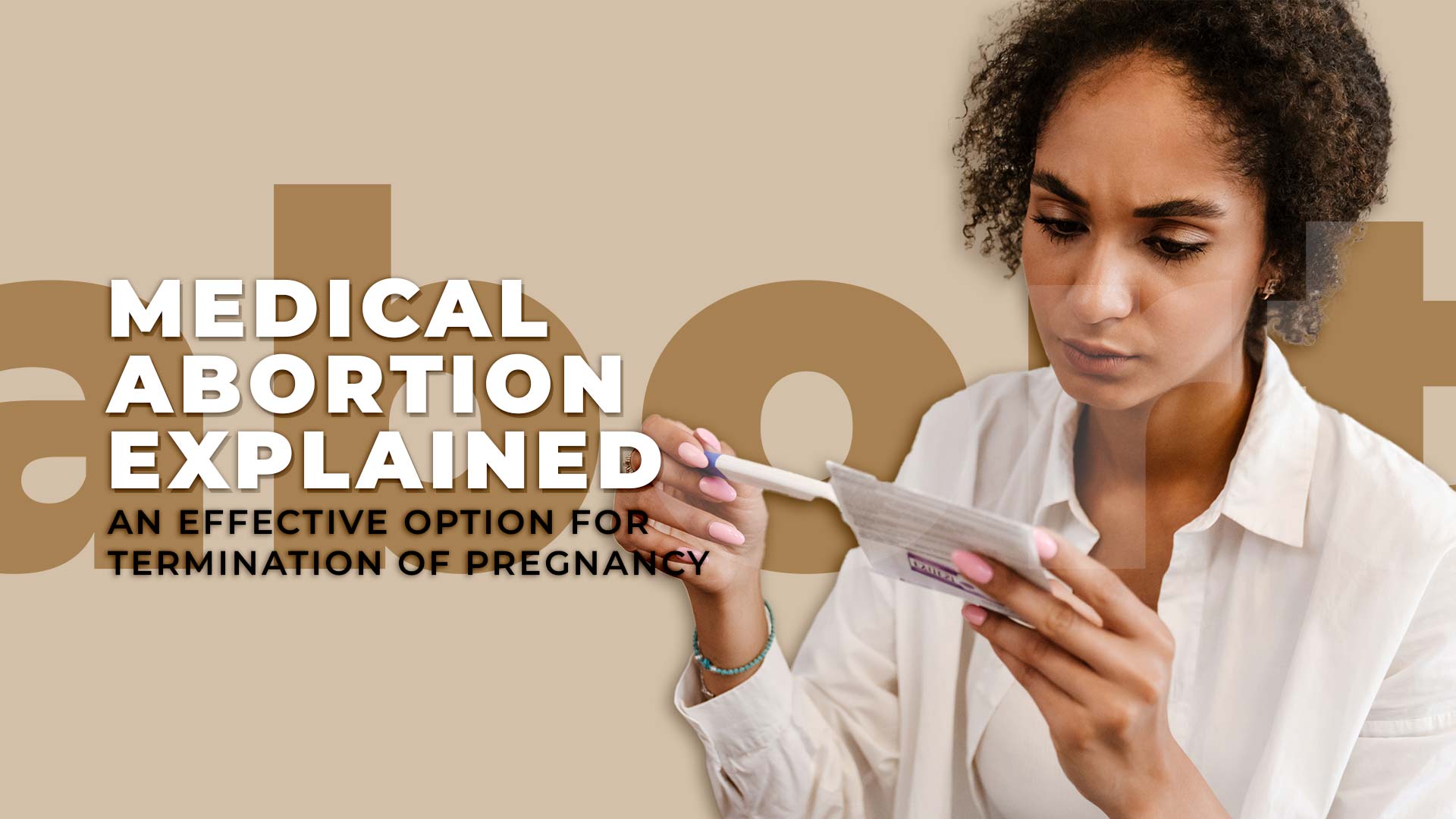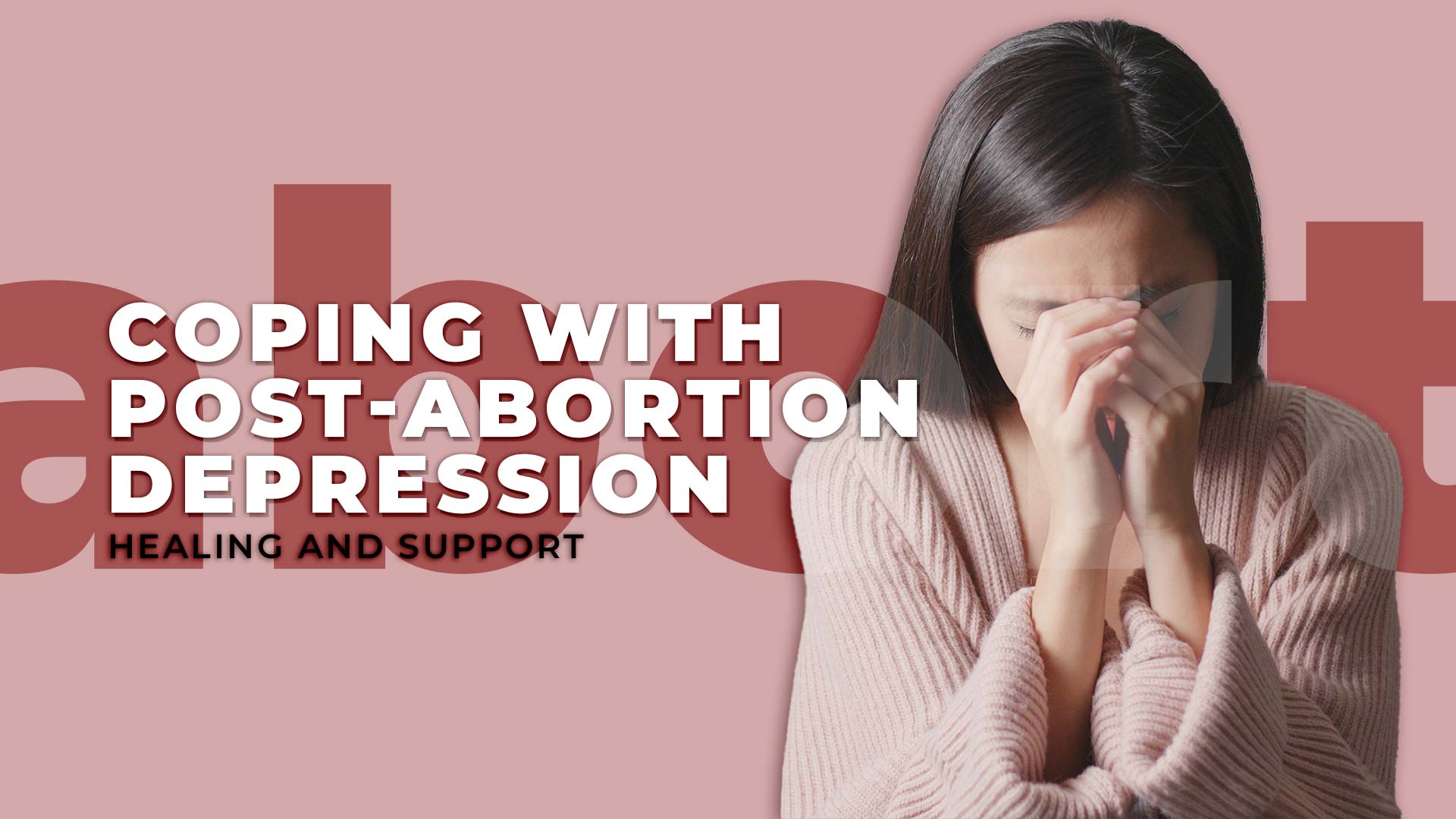The relationship between birth control and mood changes has been discussed for many years. While some studies suggest hormonal birth control can improve mood, others indicate it can increase depressive symptoms. Certain groups taking birth control may also be at greater risk for mood swings, including teens and people with mood disorders. The hormones in birth control can affect neurotransmitters in the brain that regulate mood, such as serotonin and dopamine. However, the research on the link between birth control and mood changes is still limited and mixed. Some people may find that their mood improves while taking hormonal birth control, while others may experience adverse effects on their mental health.
Coping strategies for mood changes on birth control include keeping a daily diary, engaging in regular exercise, getting enough sleep, and practicing stress-reducing techniques such as meditation or yoga. Talking to a healthcare provider is essential if mood changes worsen or interfere with daily life.
Understanding Birth Control
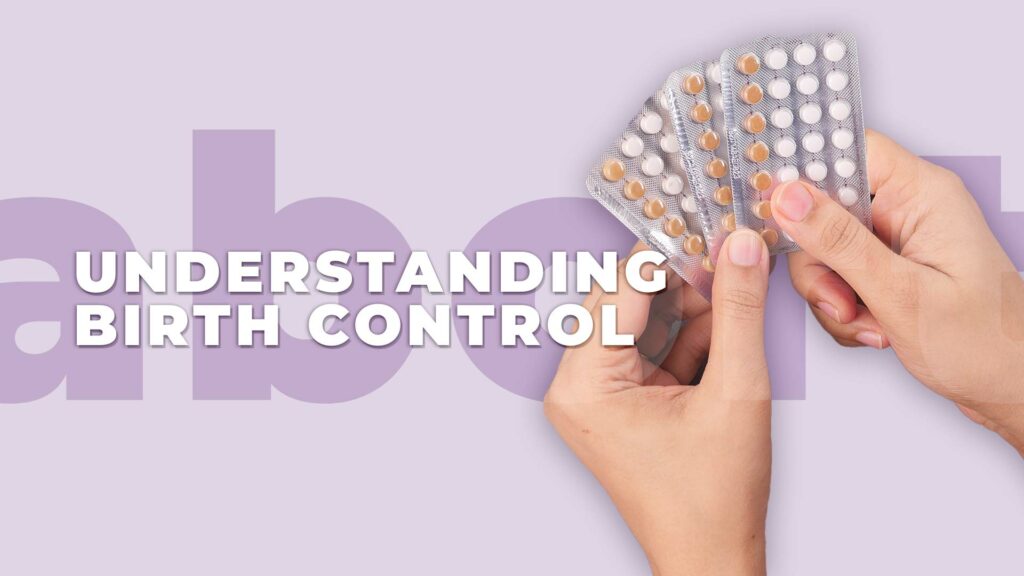
Birth control refers to various methods, devices, or medications that can be used to prevent or reduce the chances of pregnancy. There are many different types of birth control, each with its benefits, side effects, and effectiveness rates.
The most common types of birth control are hormonal methods, which use hormones such as estrogen and progestin to prevent ovulation or make it harder for sperm to fertilize an egg. Hormonal methods include birth control pills, patches, and vaginal rings.[1] When used correctly, these methods are highly effective, with a failure rate of less than 1%.[2]
Another type of birth control is the Intrauterine Device (IUD), a small, T-shaped device inserted into the uterus by a healthcare provider. IUDs are highly effective, with a failure rate of less than 1%, and can last several years.[3] There are two types of IUDs: hormonal and non-hormonal. Hormonal IUDs release progestin to prevent ovulation and thicken cervical mucus to block sperm. Non-hormonal IUDs contain copper, which is toxic to sperm and prevents fertilization.
Barrier methods, such as condoms, diaphragms, and cervical caps, physically block sperm from entering the uterus. These methods are less effective than hormonal methods or IUDs, with a typical failure rate of 18% for condoms and 12% for diaphragms.[4] Fertility awareness-based methods involve tracking a woman’s menstrual cycle to determine the most fertile days when pregnancy is most likely to occur. Fertility awareness-based methods can be highly effective but require careful tracking and knowledge of the menstrual cycle. These methods include tracking basal body temperature, cervical mucus, and other signs of ovulation.
Sterilization is a permanent form of birth control that involves surgery to block or cut the fallopian tubes in women or the vas deferens in men. Sterilization is highly effective, with a failure rate of less than 1%,[4] but it is not easily reversible and should only be considered when a person is sure they do not want to have children in the future.
Does Birth Control Make You Emotional?
Many people experience mood changes when they start using birth control. The hormonal changes caused by birth control can affect the brain and lead to feelings of depression, anxiety, irritability, or mood swings. While not everyone experiences mood changes when using birth control, those who do can find it distressing may want to consider other options. The most common types of birth control are hormonal methods, which use hormones such as estrogen and progestin to prevent ovulation or make it harder for sperm to fertilize an egg. Hormonal birth control can affect the levels of neurotransmitters in the brain, including serotonin, dopamine, and norepinephrine, which can affect mood and emotions.
The birth control pill regulates estrogen and progesterone in the body, and almost half of all women who use birth control pills experience mood swings and other side effects. The hormones in birth control can affect neurotransmitters in the brain that regulate mood, such as serotonin and dopamine. The estrogen in some types of birth control increases serotonin levels, the chemical in our brains that generally causes positive mood and emotional well-being.
However, too much serotonin can cause increased anxiety. Additionally, the pill can affect mood and state of mind by inhibiting the stimulation of GABA receptors in the brain, which are responsible for calming the nervous system. While some people may find that their mood improves while taking hormonal birth control, others may experience adverse effects on their mental health. The potential mood effects of hormonal birth control are still being studied, and more research is needed to understand the relationship between birth control and mood changes fully.
Mood Changes and Birth Control
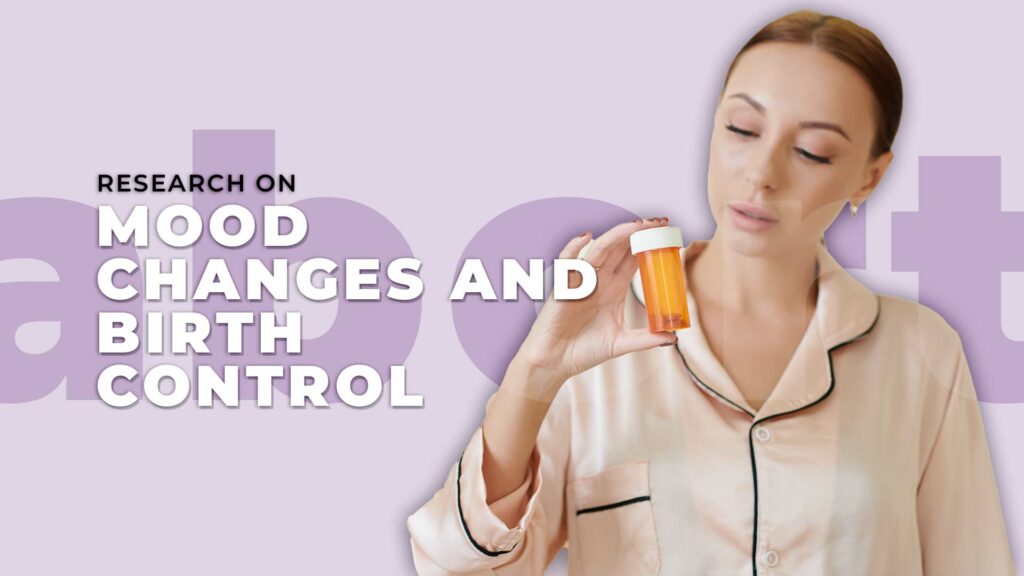
Several studies have examined the relationship between mood changes and birth control use, particularly hormonal birth control. While the results are inconsistent, some studies have found a link between hormonal birth control and depression, anxiety, and other mood changes. One study published in JAMA Psychiatry analyzed data from over 1 million Danish women and found that those who used hormonal birth control were more likely to be diagnosed with depression compared to those who did not use hormonal birth control. The risk was highest among adolescents, with a threefold increase in the risk of depression for those who used hormonal birth control.[5]
A review found a link between hormonal birth control and depression. The review found that women who used hormonal birth control were more likely to experience depression. However, the study also noted that depression was a significant cause for women discontinuing hormonal birth control.[6] Some studies suggest a link between hormonal birth control and mood changes. It is essential to note that not all studies have found a significant association. Some studies have suggested that hormonal birth control may improve mood and reduce premenstrual syndrome (PMS) symptoms and premenstrual dysphoric disorder (PMDD).[7]
The relationship between birth control and mood changes is complex and may vary depending on individual circumstances. While some studies suggest a link between hormonal birth control and depression, other research suggests no link. However, some people may still experience mood changes while taking birth control. Certain groups, including teenagers and people with mood disorders, may be at greater risk for mood swings. The type of hormonal birth control used may also affect the degree and type of mood changes experienced. Moreover, many factors can contribute to mood changes, including stress, life events, and personal history of mental health conditions.
Ways for Managing Mood Changes on Birth Control
Coping strategies can be an effective way to manage mood changes that may occur while using birth control. It is essential to talk to your healthcare provider if you are experiencing any symptoms of mood changes, such as depression, anxiety, or irritability. Your healthcare provider can help determine the best course of action, including adjusting the dosage or trying a different type of birth control.
Practicing self-care can also help manage mood changes. Getting enough sleep, eating a healthy diet, and engaging in regular physical activity can all help improve your mood and reduce stress. Engaging in activities you enjoy, such as hobbies or spending time with loved ones, can also provide a sense of happiness and fulfillment.
Therapy can be a helpful tool for managing mood changes, particularly if you are struggling with depression or anxiety. Cognitive-behavioral therapy (CBT) is a type of therapy that can be particularly helpful for developing coping strategies and managing mood changes. A therapist can provide a safe and supportive space to talk about your feelings and work through any challenges you may face.
Relaxation techniques like deep breathing, meditation, and yoga can also help manage mood changes. These techniques can help reduce stress and promote feelings of relaxation and calmness. Incorporating these techniques into your daily routine can help improve your overall mood and reduce the impact of mood changes. In some cases, medication may be recommended to manage mood changes. Antidepressants may be prescribed if you are experiencing depression or anxiety. Your healthcare provider can guide whether the remedy is appropriate for your situation.
Finally, getting support from friends, family members, or online support groups can provide emotional support and help you feel less alone. Connecting with others experiencing similar symptoms can give a sense of community and reduce feelings of isolation.
The Final Thought

Experiencing mood changes while using birth control is common, but coping strategies can be employed to manage these symptoms. These coping strategies include talking to a healthcare provider, practicing self-care, seeking therapy, practicing relaxation techniques, considering medication, and getting support from others. It is important to remember that everyone’s experience with birth control and mood changes is unique, so it is essential to work with a healthcare provider to develop an individualized plan that works best for each individual.
References
- Kaunitz, A. (no date) Patient education: Hormonal methods of birth control (Beyond the Basics), UpToDate. Available at: https://www.uptodate.com/contents/hormonal-methods-of-birth-control-beyond-the-basics#!
- Contraceptive Effectiveness in the United States (2022) Guttmacher Institute. Available at: https://www.guttmacher.org/fact-sheet/contraceptive-effectiveness-united-states
- Lanzola EL, Ketvertis K. Intrauterine Device. [Updated 2022 Jul 4]. In: StatPearls [Internet]. Treasure Island (FL): StatPearls Publishing; 2023 Jan-. Available from: https://www.ncbi.nlm.nih.gov/books/NBK557403/
- Effectiveness of birth control methods (no date) ACOG. Available at: https://www.acog.org/womens-health/infographics/effectiveness-of-birth-control-methods
- Skovlund CW, Mørch LS, Kessing LV, Lidegaard Ø. Association of Hormonal Contraception With Depression. JAMA Psychiatry. 2016;73(11):1154–1162. doi:10.1001/jamapsychiatry.2016.2387 https://jamanetwork.com/journals/jamapsychiatry/fullarticle/2552796
- Kulkarni, J. (2007) “Depression as a side effect of the contraceptive pill,” Expert Opinion on Drug Safety, 6(4), pp. 371–374. Available at: https://doi.org/10.1517/14740338.6.4.371.
- Robert F Casper (no date) Patient education: Premenstrual syndrome (PMS) and premenstrual dysphoric disorder (PMDD) (Beyond the Basics), UpToDate. Available at: https://www.uptodate.com/contents/premenstrual-syndrome-pms-and-premenstrual-dysphoric-disorder-pmdd-beyond-the-basics

